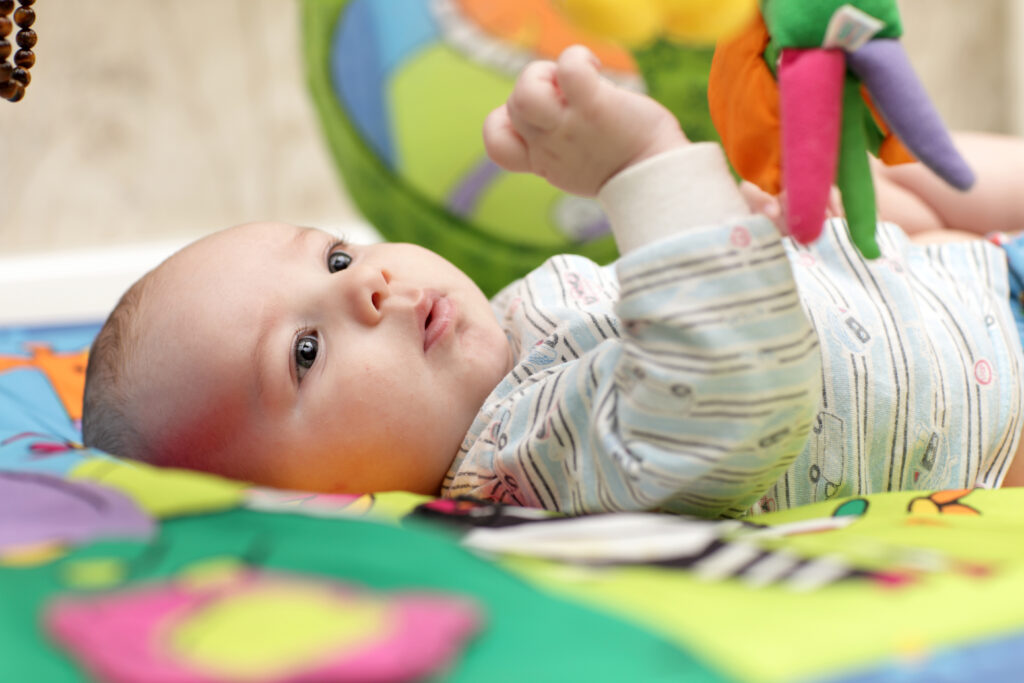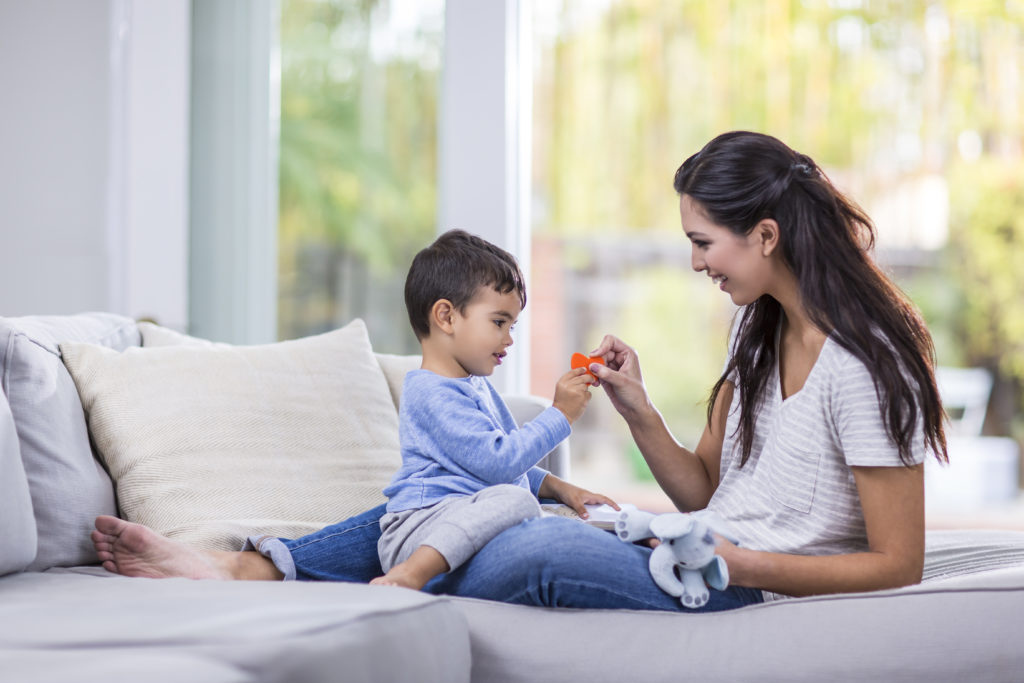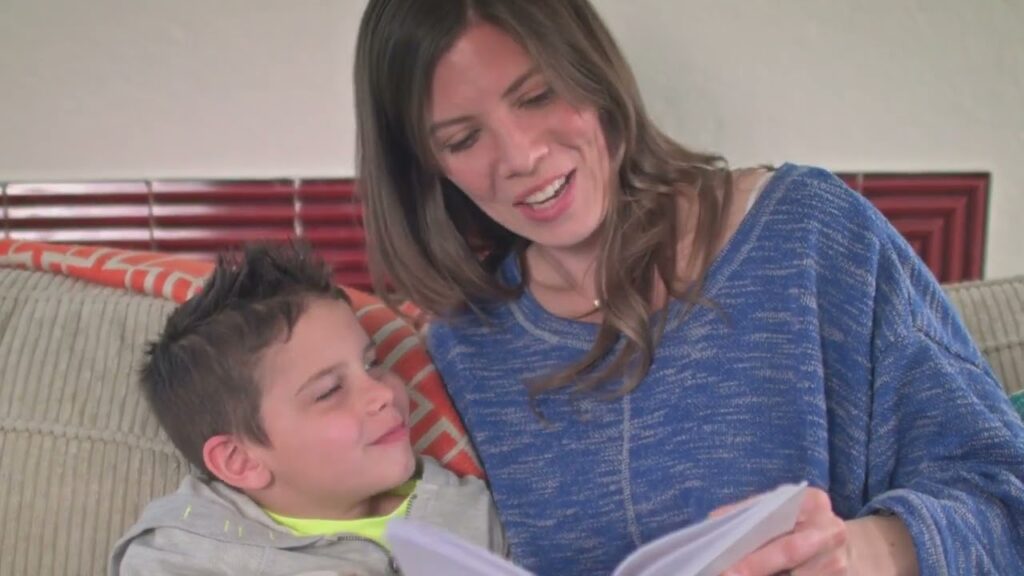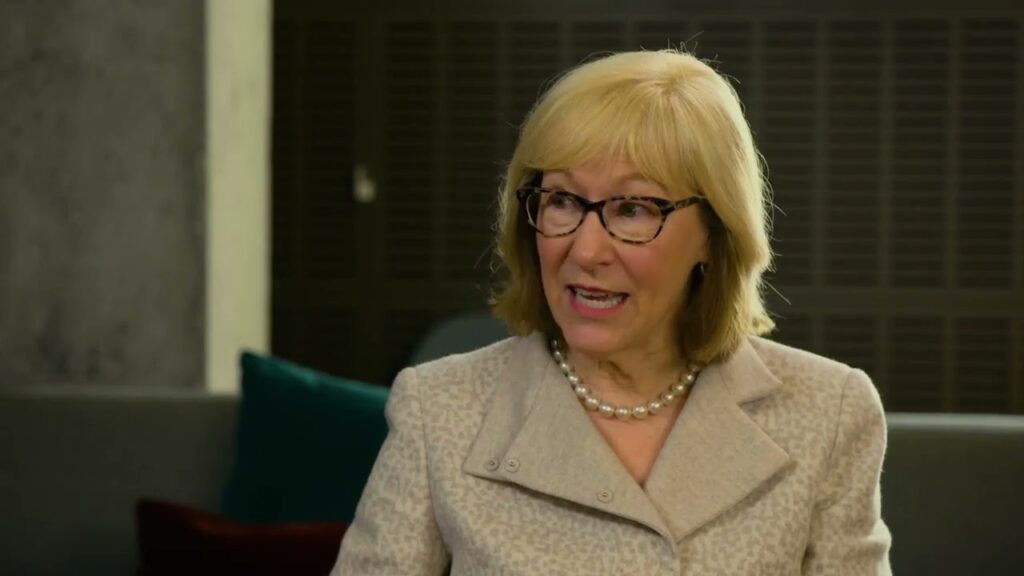
From the moment your baby is born many of the things you are naturally doing as a caregiver such as smiling at your baby, rocking your baby, and trying to detect why they are crying are laying important foundations for your child’s self-regulation. Helping your child develop their ability to self-soothe and self-regulate is not […]

You may be surprised to learn that the process by which children learn to regulate their body, emotions and behaviors starts from the minute they are born. Those first tender and calming cuddles and smiles you offer your baby are laying the groundwork for them to one day regulate on their own. Since self-regulation is a foundation […]

Every child is unique. We are each born with a special combination of mental, physical, and emotional traits that influences how we approach the world. Temperament is like a one-of-a-kind blueprint for each child. We all recognize aspects of temperament in our children, often from very early on: Kylie gets upset easily, but calms […]

Fathers often find it challenging to connect with their newborn. Before becoming a parent, most men have had little contact with infants. Furthermore, they play a secondary role in the birthing process. When baby arrives, dads can be tentative, awkward, and unskilled interacting with the newest member of the family. An easy way to make […]

The term “transitional object” was originally coined by Winnicott (1951, 1953) to describe the soft, clingable objects infants and young children become attached to (e.g., soft blankets or teddy bears). These object attachments decrease distress and anxiety while providing comfort and security for young children during separations from the parent. Winnicott described these objects as […]

Learn about all the components of the CuddleBright Experience and how they work together to connect, comfort, and calm you and your child.

Learn about the CuddleBright Goodbye Routine and how to make it your own!

Soundbite from the behind-the-scenes interview with Dr. Sonya Lupien at the 2018 Simms/Mann Institute Think Tank

Excerpt from behind-the-scenes interview with Dr. Pat Kuhl at the 2018 Simms/Mann Institute Think Tank

Excerpt from the behind-the-scenes interview with Susan Kaiser Greenland at the 2019 Simms/Mann Institute Think Tank











